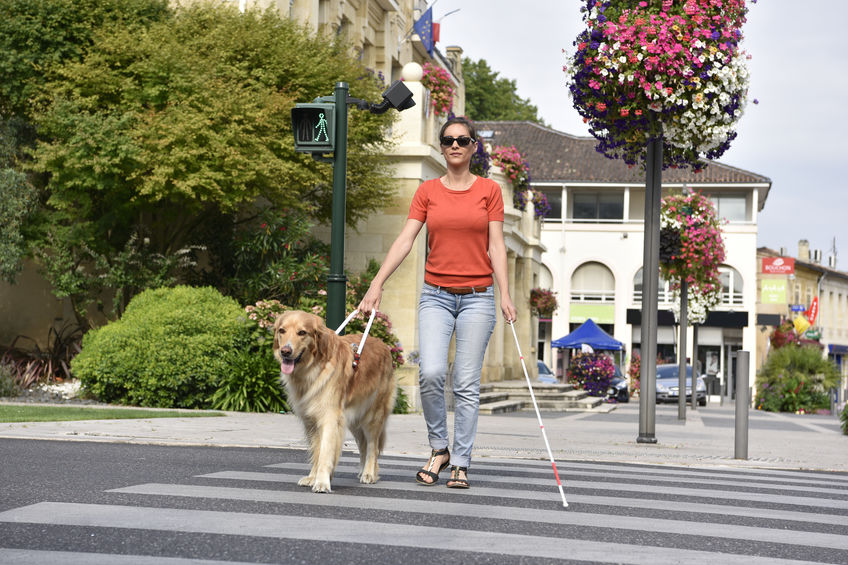Communicating with Someone
Who Has a Hearing Loss

Over one billion people are deaf or have some degree of hearing loss. Odds are you know someone who is experiencing this.
Those who have an impairment have shared that they would hope others realize how costly it is to have to consciously focus on what others are saying. It’s not that they don’t want to hear what others say, it’s that the focus becomes tiring during some conversations.
Human interaction is vital to each of us. But how do we maintain etiquette-ful communication when all parties may not be able to fully participate?
Challenges in Communication
Hearing loss can vary from mild to severe. One person I spoke with shared that the best thing for him is when the person with whom he is speaking doesn’t go on and on. Keeping conversations short and concise helps him immensely. As does enunciating and articulating.
Eye contact, while important in every interaction, is especially important when someone isn’t hearing all your words. She often watches lips and “reads” what you are saying.
People who have hearing loss are aware they miss out on at least parts of conversations. They:
- don’t want to be a burden in conversation.
- feel as if their remarks will be off topic due to mishearing.
- don’t like it when others (only trying to help) raise their voices in a way that is patronizing.
- don’t like attention drawn to them when others do this.
- feel many emotions due to their challenge.
Being hearing challenged can be a lonely position.
Mindful Communication
Speaking with someone who can’t hear you presents a challenge. Consideration and understanding are key during these interactions.
What to do:
- Speak slowly and clearly and look at the face of those to whom you are talking. This is always important, generally, and specifically in the case of someone who has an impairment.
- Ask if you are speaking loudly enough. The person will usually follow with specific information that will help you.
- Maintain good eye contact.
- Be patient if you need to repeat what you’ve said. (Take a breath. Relax.)
- Think before you speak. The “going on and on,” as a friend reported, is something that can be mindfully cut back on.
What not to do:
- Don’t exaggerate your facial and mouth movements.
- Do not speak loudly and forcibly slowly.
- Do not embarrass the person by getting angry or impatient because of her hearing issue.
- Point out to others that the person is hard of hearing. Not only might this embarrass him or her, but the conversation will often become pointed at you—as if you will be the one to interpret or help the hearing-challenged person.
Listening with Hearing Loss
Effective communication is not a 50-50 effort, it requires 100% participation from all parties. If you have a hearing impairment, it is helpful if you:
- Let your conversation partners know you haven’t heard something – it could be important.
- Wear hearing assistant devices.
- Tilt your head in the best direction if the impairment is in one ear more than the other.
- Work to be patient with others, even if you are frustrated with yourself.
Maintaining and improving relationships is what being etiquette-ful helps us to do. When someone experiences hearing loss, it affects every aspect of communication. And it’s not just about one conversation participant or the other.
Every participant in a conversation has an obligation to make that communication as effective as possible. Communication is at the heart of every relationship. Remaining mindful and considerate is always the thing to do.














